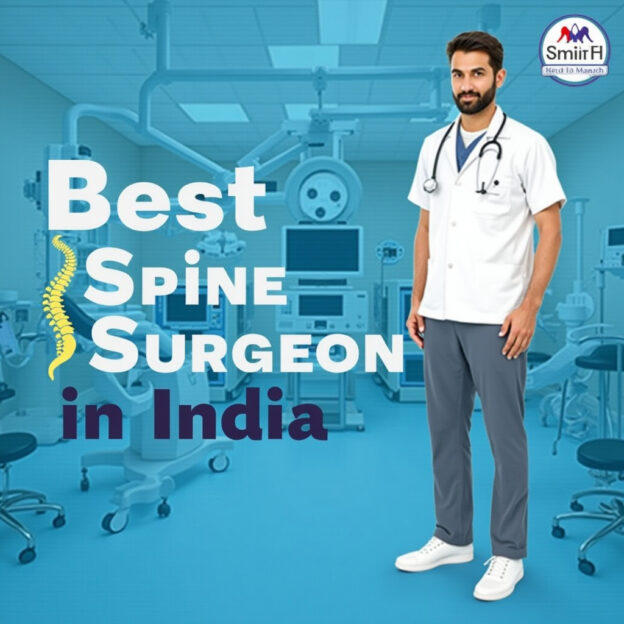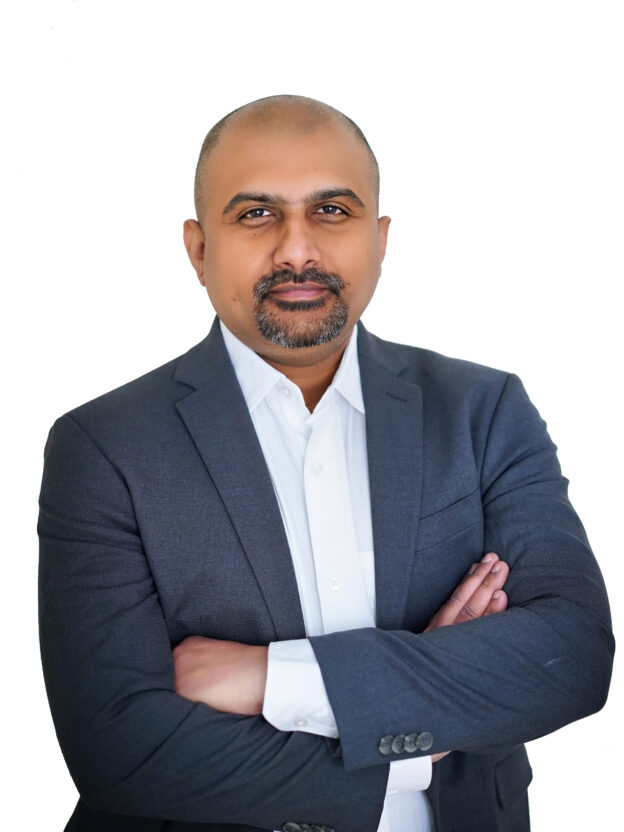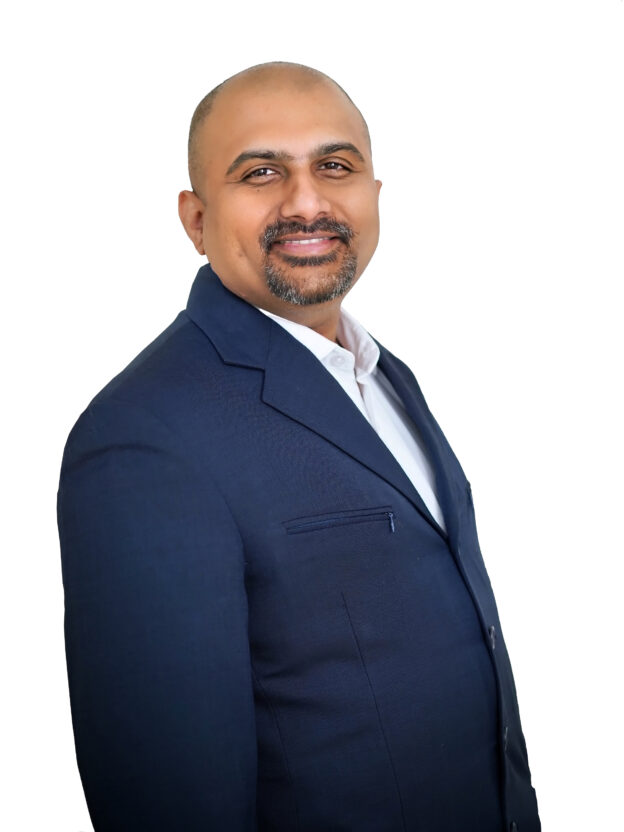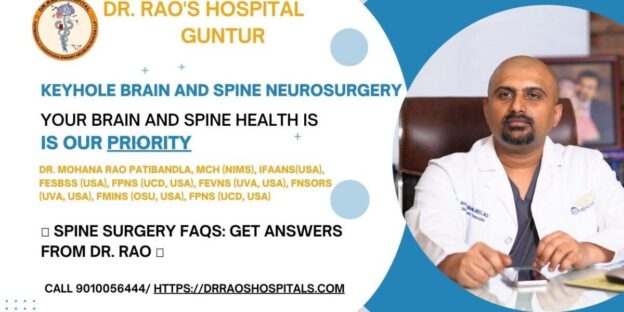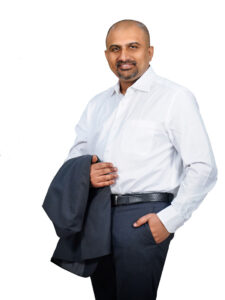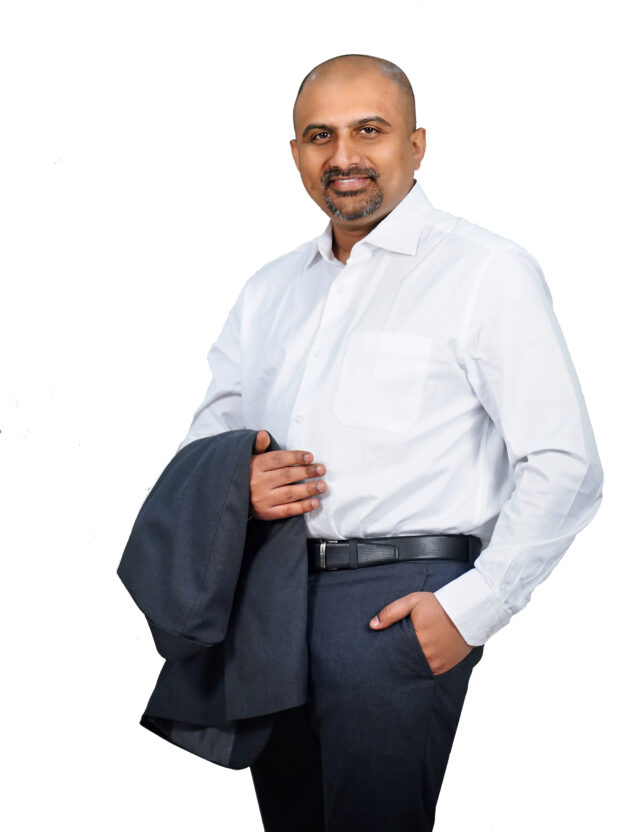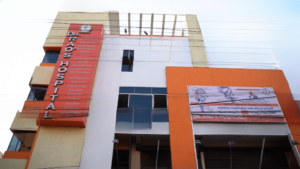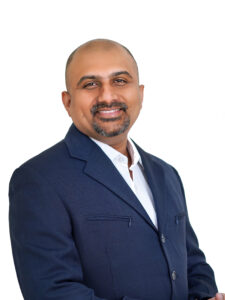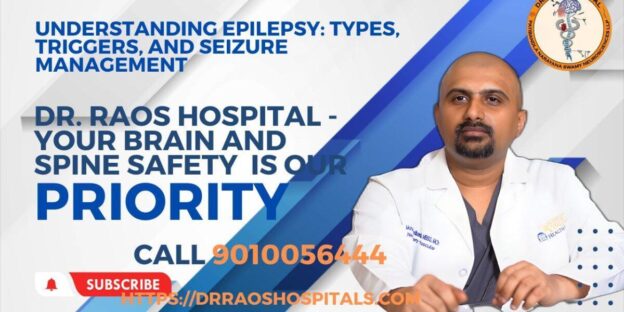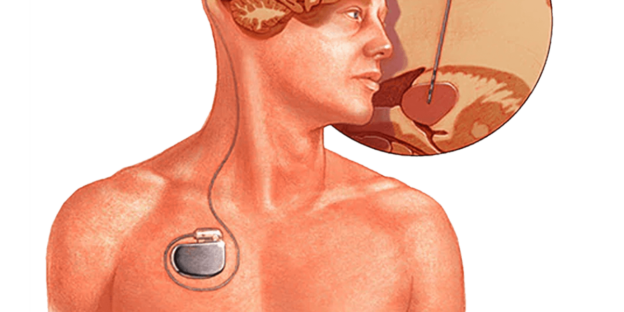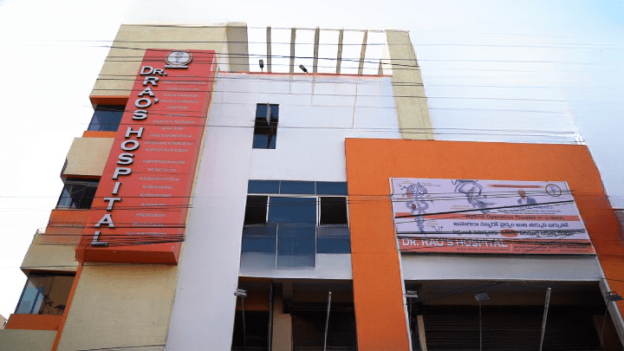Who is the Best Spine Surgeon in India?
India has emerged as a global hub for medical tourism, especially for those seeking the best spine surgeon in India for complex procedures like spine surgery. Equipped with world-class hospitals, cutting-edge technology, and highly skilled surgeons, India provides top-tier care at a fraction of the cost compared to Western nations. However, choosing the best spine surgeon depends on factors such as expertise, experience, patient outcomes, and specialization in specific spinal conditions. This blog explores some of India’s most renowned spine surgeons, their credentials, and what makes them stand out, while acknowledging that the “best” choice varies based on individual needs.
Why Spine Surgery Requires the Best Expertise
Spine surgery is a highly specialized field involving delicate structures like the spinal cord, nerves, and vertebrae. Procedures range from minimally invasive discectomies to complex spinal deformity corrections like scoliosis surgery. The right surgeon can significantly impact recovery, reduce risks, and improve quality of life. When searching for the best spine surgeon in India, it’s essential to evaluate their training, success rates, and patient testimonials. Choosing the best spine surgeon in India ensures not only surgical expertise but also personalized care tailored to specific spinal conditions.
Experience: Number of surgeries performed and success rates.
Specialization: Expertise in specific procedures (e.g., minimally invasive surgery, robotic-assisted surgery, or pediatric spine disorders).
Training: International fellowships and certifications from prestigious institutions.
Patient Reviews: Testimonials and outcomes reflecting patient satisfaction.
Hospital Affiliation: Access to advanced technology like neuromonitoring, O-arm, or robotic systems.
Best Spine Surgeons in India
Below is a curated list of some of India’s leading spine surgeons, recognized for their expertise, innovation, and patient-centric care. This list is not exhaustive, and the “best” surgeon depends on your specific condition and location preferences.
1. Dr. Mohana Rao Patibandla
Experience: Over 21 years, with more than 10,000 spine surgeries.
Credentials:
MBBS, MCh (Neurosurgery).
Multiple international fellowships, including minimally invasive spine surgery.
Specializations: minimally invasive spine surgery, endoscopic spine procedures, and complex spinal reconstructions.
Why Stand Out?: Dr. Rao is recognized in major publications like The Times of India for his minimally invasive techniques. His hospital is a preferred destination for affordable, high-quality spine care, especially for international patients.
2. Dr. Hitesh Garg
Location: Artemis Hospital, Gurgaon, Delhi NCR
Experience: Over 23 years, with more than 8,800 spine surgeries, including 2,500 spinal fusions, 1,000 deformity corrections, and 300 artificial disc replacements.
Credentials:
MBBS from AIIMS, New Delhi; MS (Orthopedics) from KEM Hospital, Mumbai.
Fellowships in spine surgery from Yale University and pediatric spine surgery from the University of Pennsylvania, USA.
Specializations: Minimally invasive spine surgery, scoliosis correction, cervical spine surgery, and pediatric spine disorders.
Why Stand Out?: Dr. Garg is renowned for using advanced technologies like neuromonitoring and O-arm navigation. He has received awards like the 2018 Healthcare Today “Best Spine Surgeon of the Year” and is praised for his patient-centric approach, making him a top choice for complex cases.
3. Dr. G. Balamurali
Location: Kauvery Hospital, Chennai
Experience: 27 years of surgical experience, with thousands of spine and neurosurgery procedures.
Credentials:
MBBS, MRCS (Edinburgh), MD (UK), FRCS (Neurosurgery).
Fellowships in complex spine surgery and minimally invasive techniques.
Specializations: Minimally invasive spine surgery, spinal deformity corrections, and neuro-oncology.
Why Stand Out?: Dr. Balamurali is celebrated for his innovative approaches and dedication to advancing spine surgery in India. His international training and academic contributions, including publications and textbook chapters, make him a leader in the field.
4. Dr. Sajan K. Hegde
Location: Apollo Hospitals, Chennai
Experience: Over 44 years, with a focus on advanced spinal procedures.
Credentials:
MBBS, MS (Orthopedics).
Pioneer in robotic-assisted spine surgery in the Asia-Pacific.
Specializations: Robotic-assisted spine surgery, non-fusion scoliosis correction, and spinal deformity treatment.
Why Stand Out?: Dr. Hegde is the only surgeon.compress in India performing non-fusion scoliosis correction, preserving spinal mobility. His expertise in robotic surgery ensures precision and faster recovery, making him a trailblazer in spinal care.
5. Dr. Sandeep Vaishya
Location: Fortis Memorial Research Institute, Gurgaon
Experience: Over 36 years, with more than 15,000 brain and spine surgeries.
Credentials:
MBBS, MS, MCh (Neurosurgery).
Fellowship in minimally invasive and image-guided neurosurgery.
Specializations: Minimally invasive spine surgery, Gamma Knife surgery, and brachial plexus injuries.
Why Stand Out?: Dr. Vaishya’s vast surgical experience and international patient base (from over 110 countries) highlight his global reputation. His focus on minimally invasive techniques reduces recovery time and complications.
Explore More: Neurologist in Guntur | Neurosurgeon in Tenali | Spine Surgery in Narasaraopet | Neurologist in Mumbai
Factors to Consider When Choosing a Spine Surgeon
Condition-Specific Expertise: Ensure the surgeon specializes in your condition (e.g., herniated disc, scoliosis, or spinal tumors). For instance, Dr. Hegde excels in scoliosis, while Dr. Garg is ideal for pediatric cases.
Hospital Infrastructure: Top surgeons are affiliated with hospitals equipped with advanced tools like robotic systems (e.g., Apollo Hospitals, Artemis Hospital, Ganga Hospital).
Location: India’s top surgeons are spread across cities like Delhi, Mumbai, Chennai, and Bangalore. Choose a location convenient for travel and follow-up care.
Cost: Spine surgery in India is cost-effective, ranging from $5,000–$15,000 compared to $50,000–$100,000 in the US. Confirm costs with the hospital or medical tourism agencies like Dheeraj Bojwani Consultants.
Patient Reviews and Referrals: Check testimonials on hospital websites or platforms like Credihealth. Personal referrals from past patients can also guide your choice.
Why Choose the Best Spine Surgeon in India for Your Surgery?
India’s rise as a medical tourism destination is driven by:
Affordable Care: Costs are 60–80% lower than in Western countries.
World-Class Facilities: Hospitals like Apollo, Max, and Ganga use cutting-edge technology, including BrainLab CT AIRO navigation and 3rd-generation spinal implants.
Highly Trained Surgeons: Many surgeons have international training from institutions in the US, UK, and Canada.
Comprehensive Support: Medical tourism firms assist with visas, accommodations, and post-operative care, ensuring a seamless experience.
How to Choose the Best Spine Surgeon in India for You
Consult Multiple Surgeons: Schedule video consultations to discuss your case. Many hospitals, like Max Healthcare, offer this service.
Review Credentials: Verify training, fellowships, and awards. For example, Dr. Yash Gulati, another notable surgeon, received the Padma Shri for his contributions.
Ask About Techniques: Inquire whether the surgeon uses minimally invasive or robotic methods, which reduce recovery time.
Check Hospital Reputation: Opt for accredited hospitals like Ganga Hospital, recognized as a top spine surgery center in Asia.
Conclusion
Determining the best spine surgeon in India depends on your specific condition, budget, and location preferences. Surgeons like Dr. Hitesh Garg, Dr. G. Balamurali, Dr. Sajan K. Hegde, Dr. Sandeep Vaishya, and Dr. Mohana Rao Patibandla are among the finest, each excelling in different aspects of spine surgery. Research their expertise, consult with them, and choose a surgeon affiliated with a reputable hospital to ensure the best outcome.
For further assistance, contact medical tourism agencies like IndiCure Health Tours or Dheeraj Bojwani Consultants, which connect patients with top hospitals and the best spine surgeon in India for their needs. Take the first step toward a pain-free life by reaching out to one of these experts today.
Disclaimer: Always consult a healthcare professional for personalized advice. This blog is for informational purposes only and does not endorse any specific surgeon.

